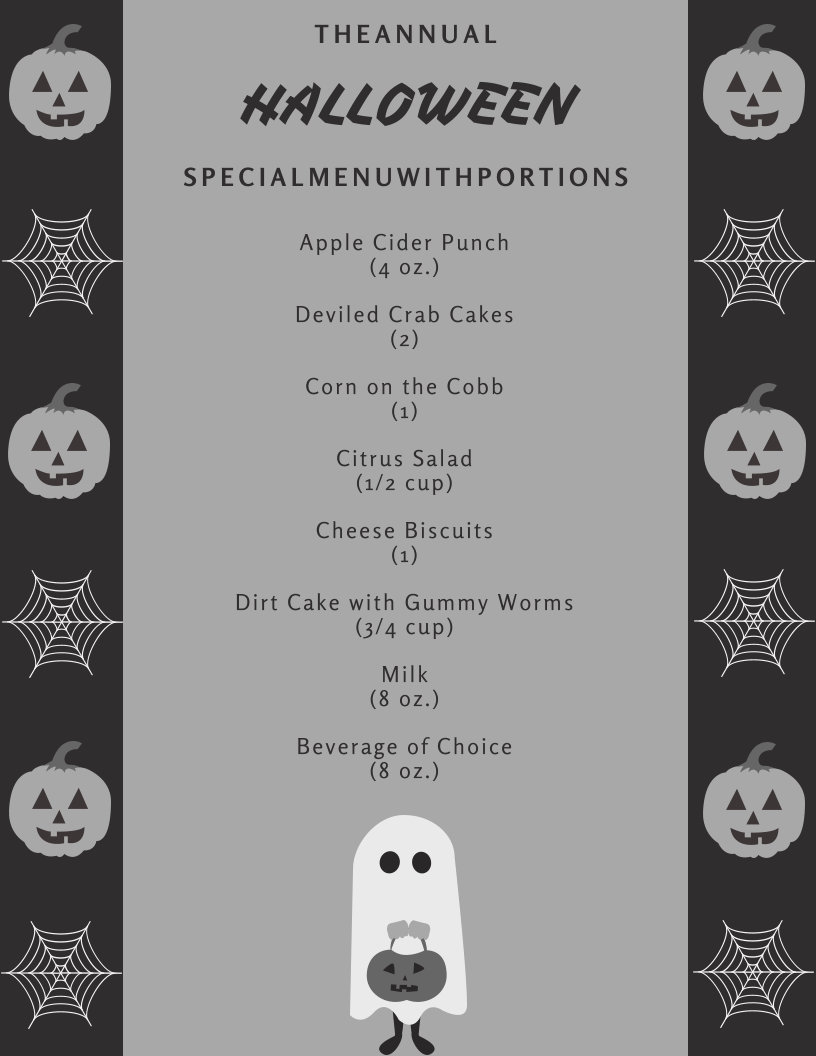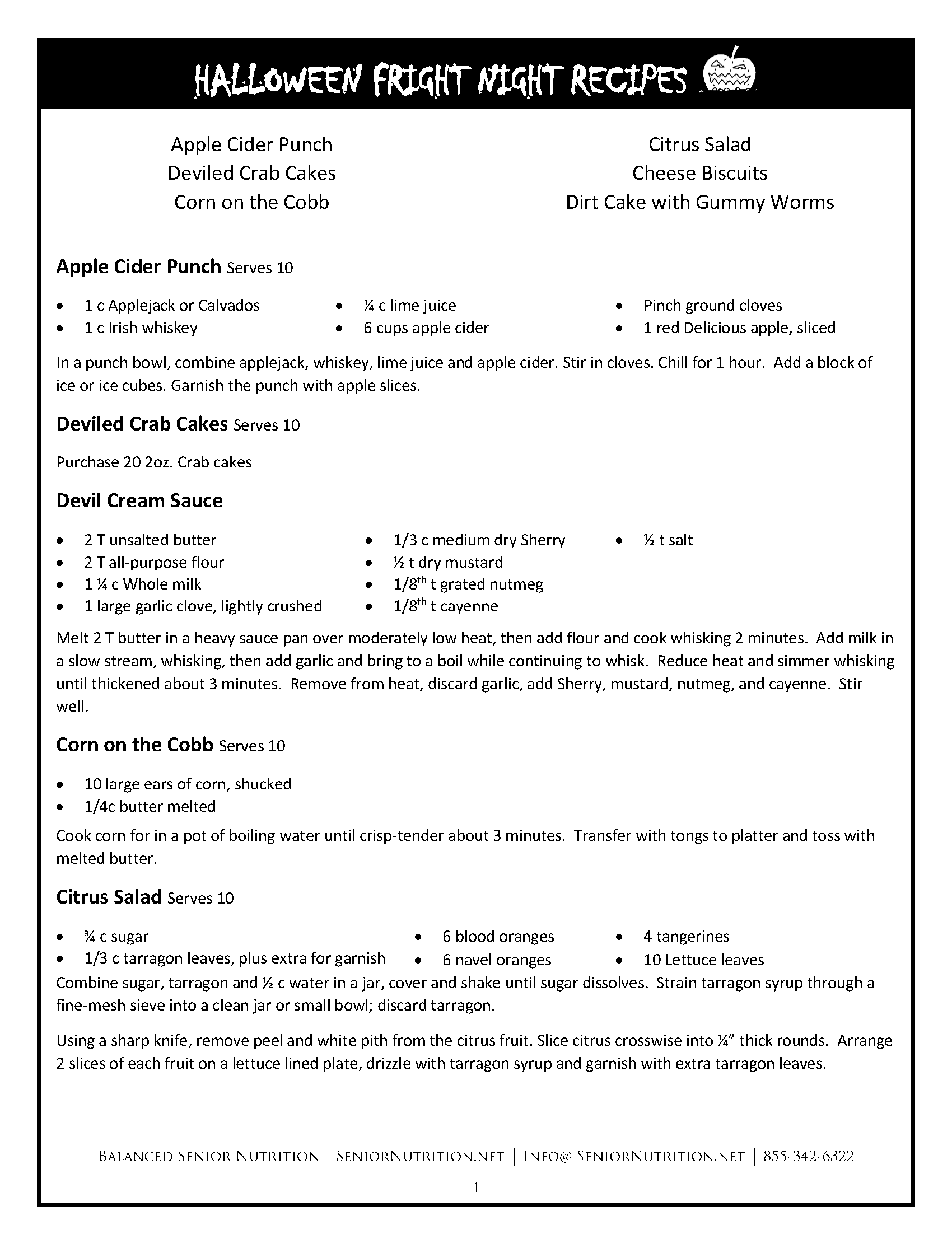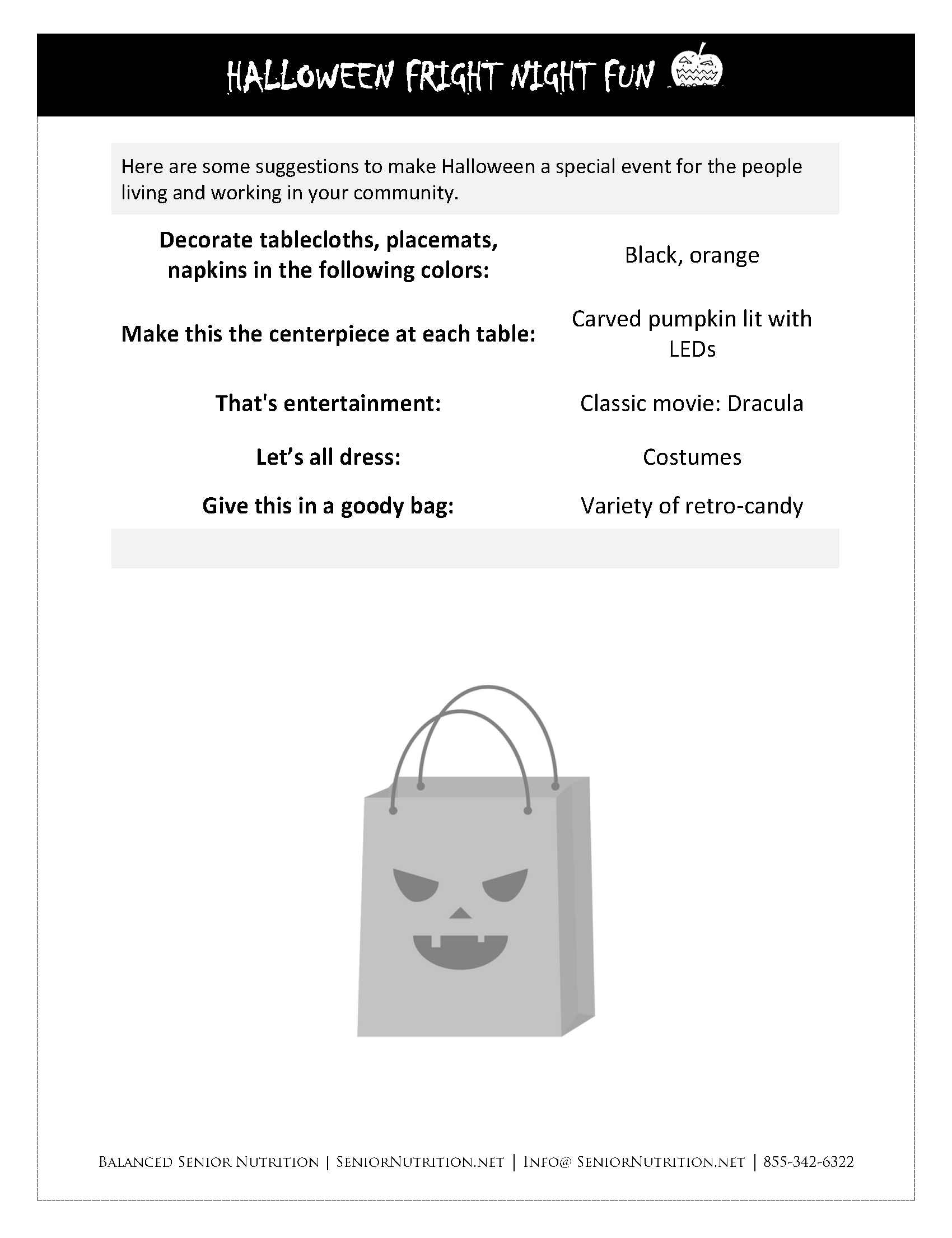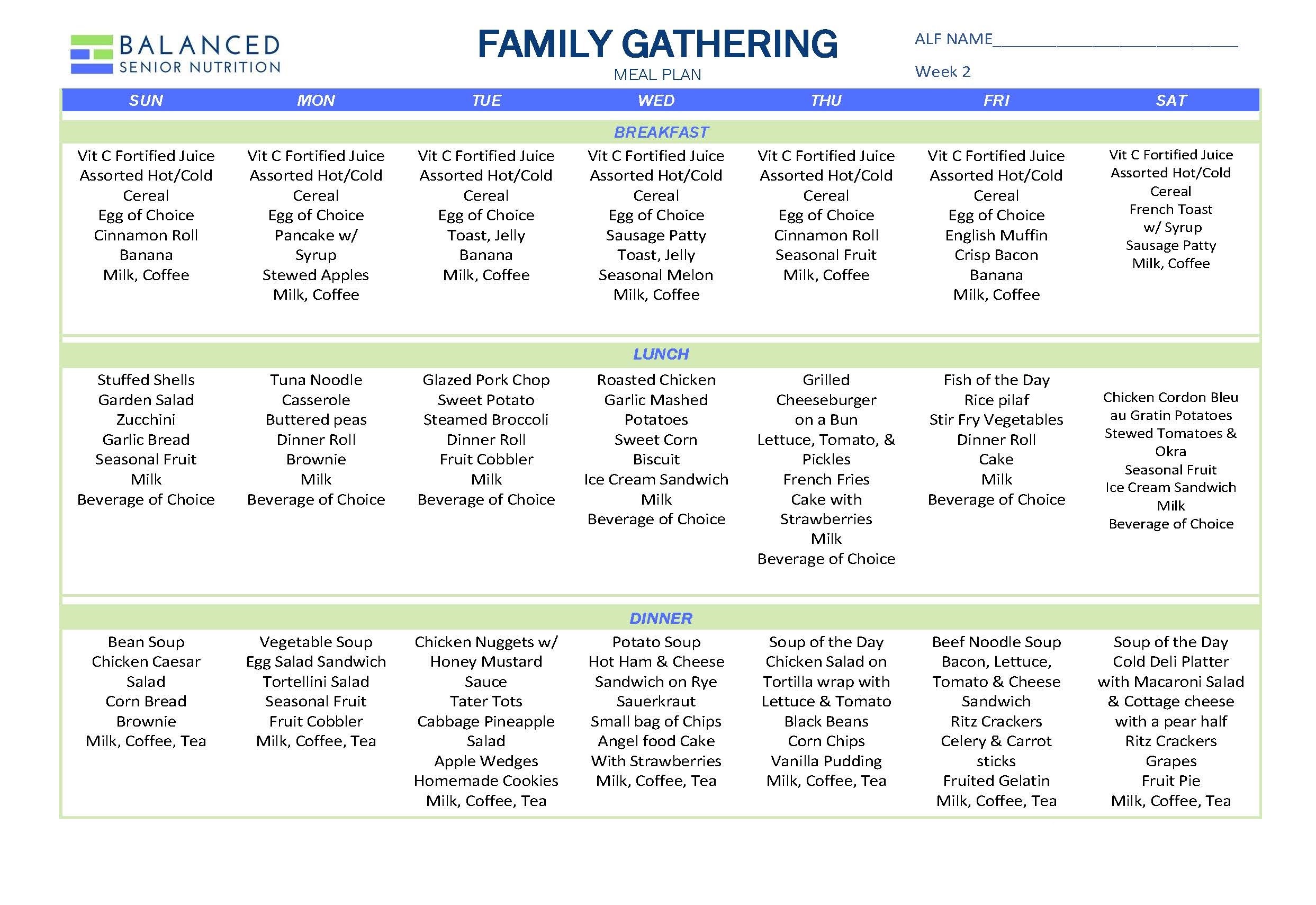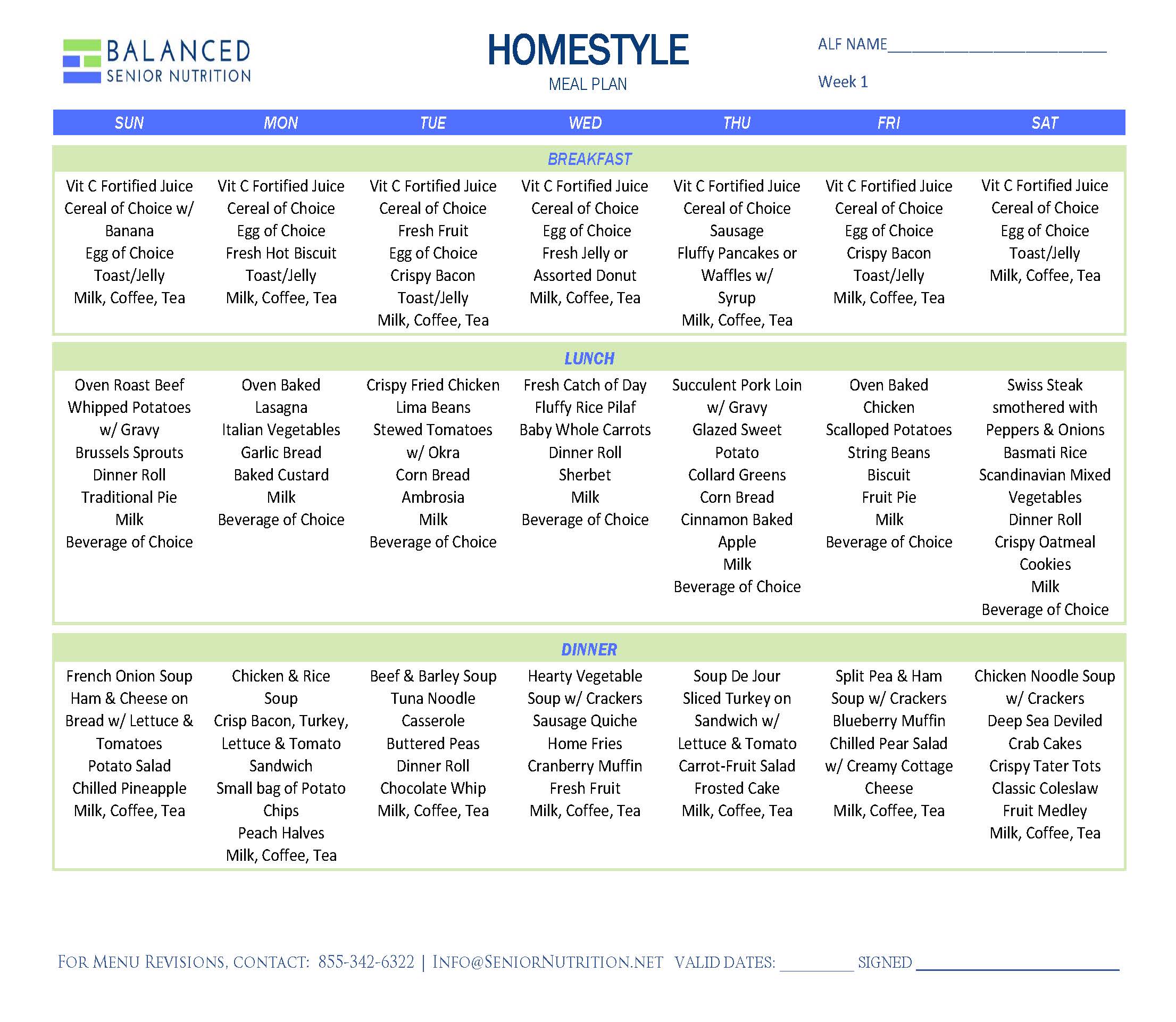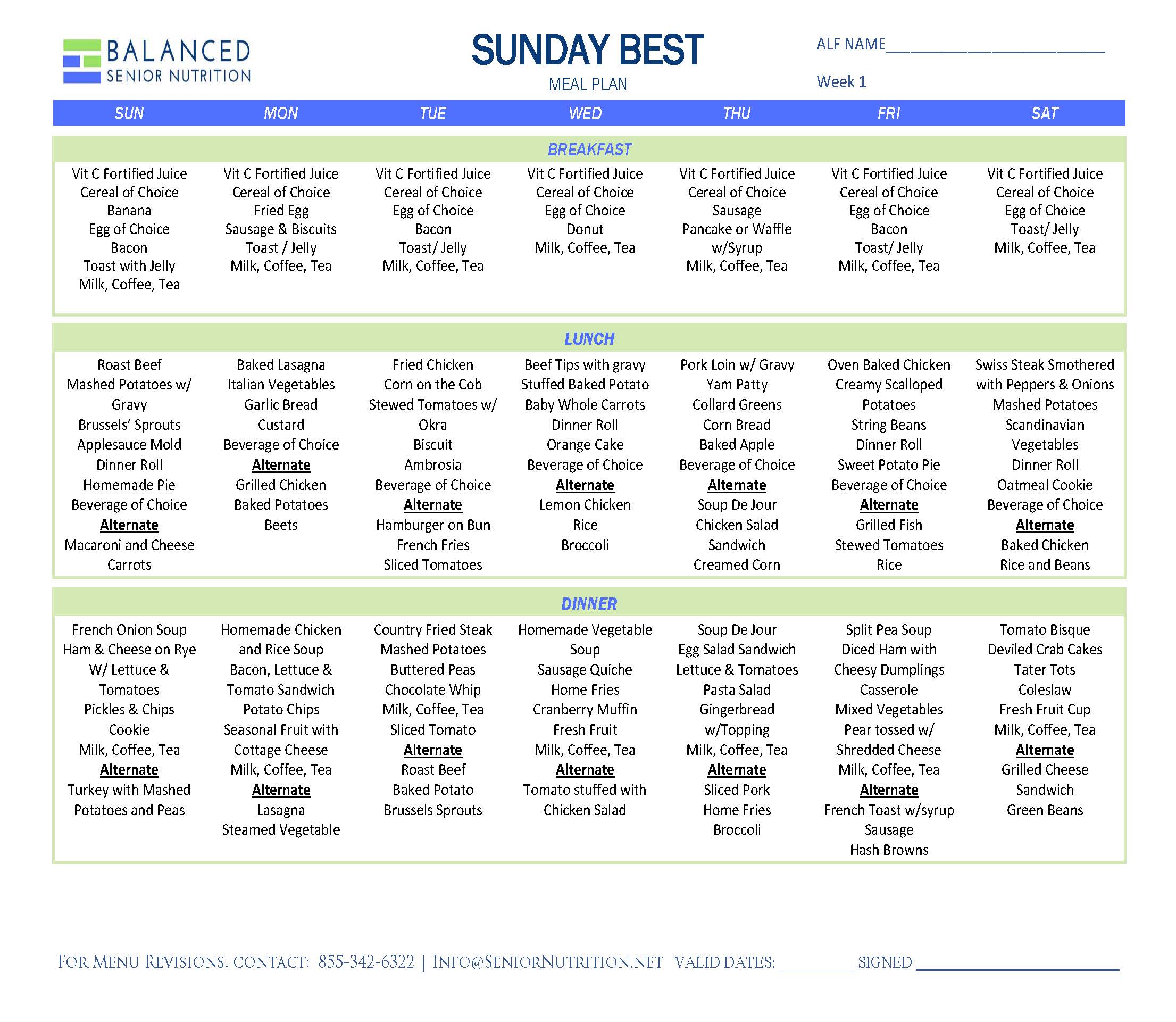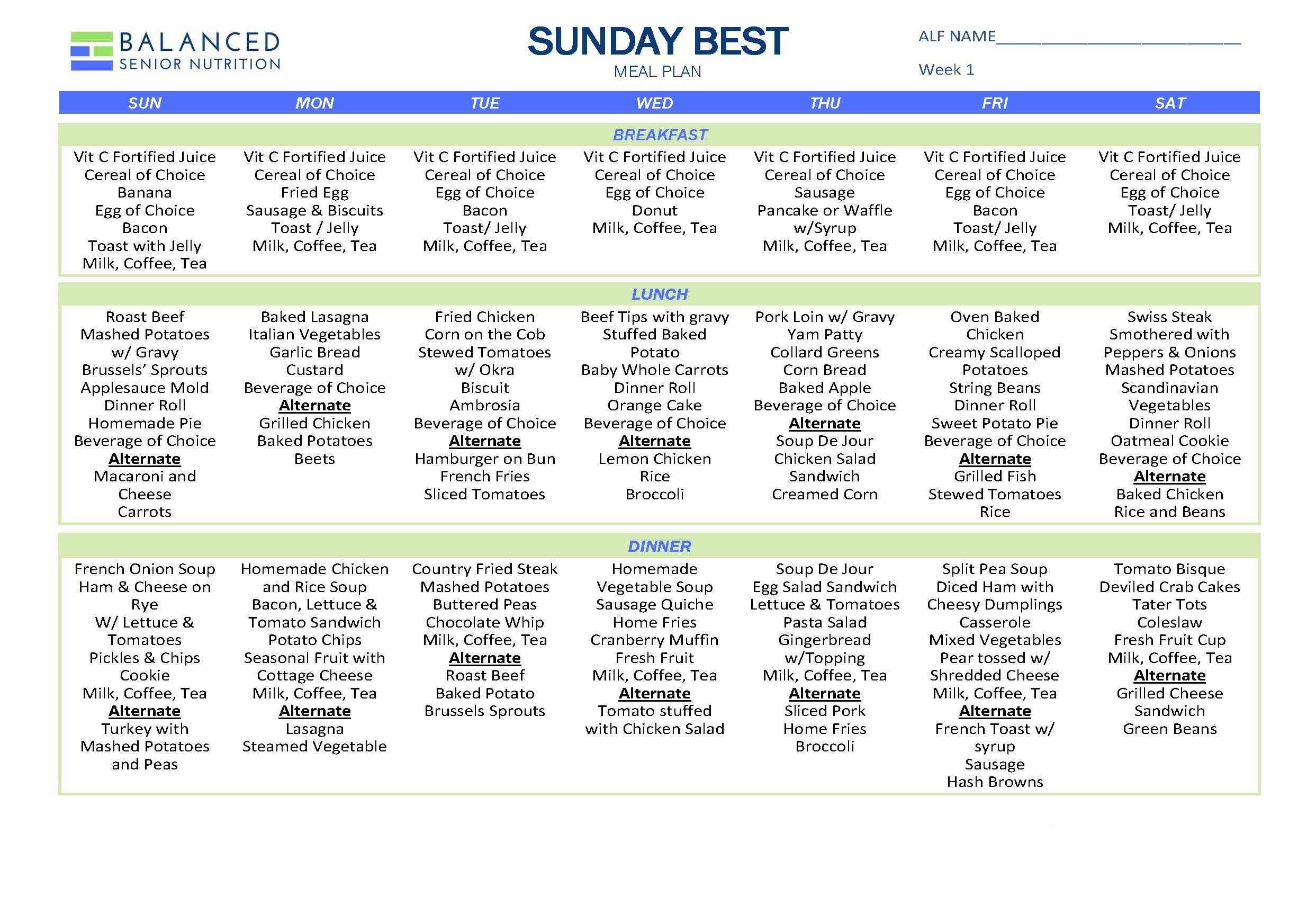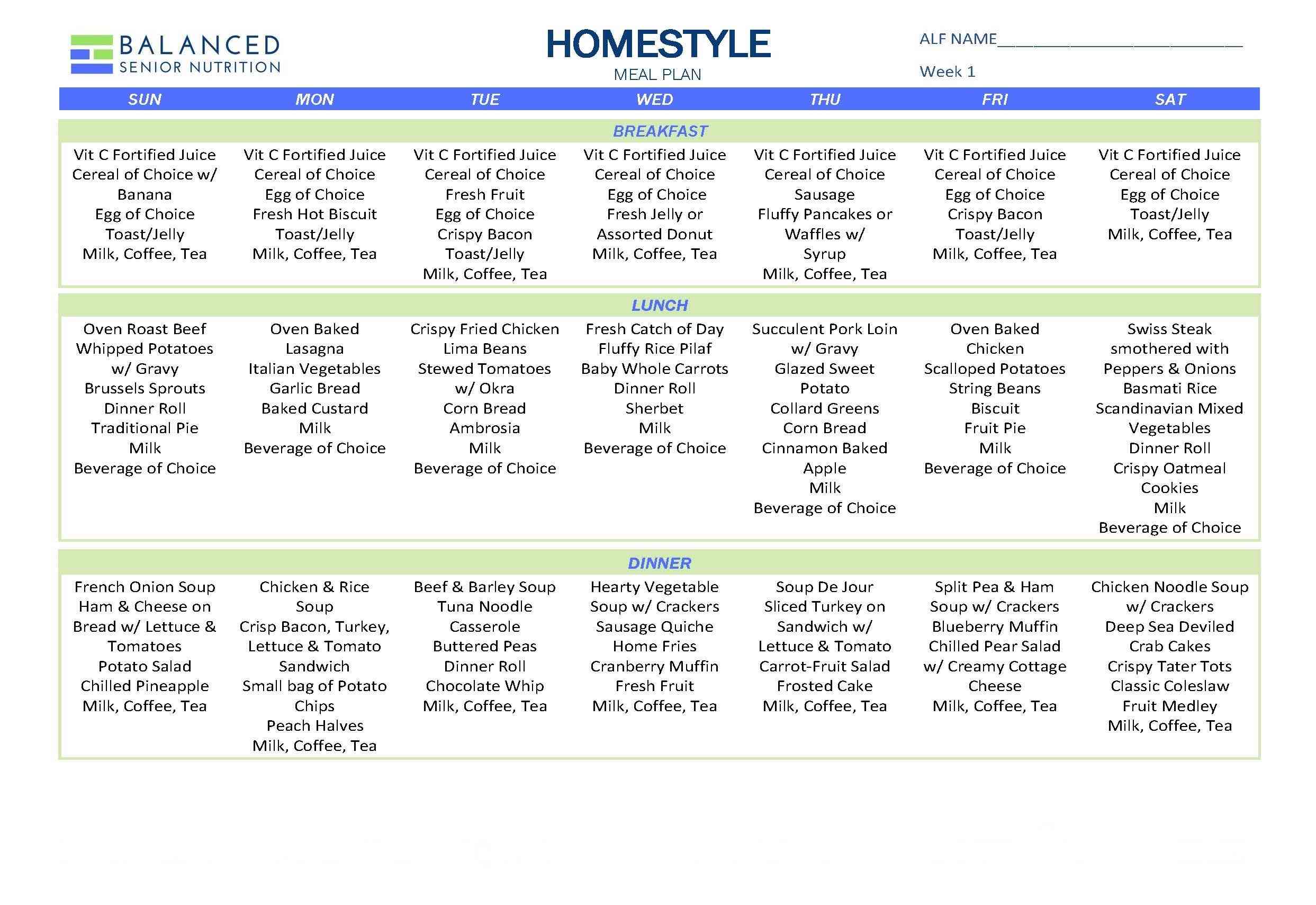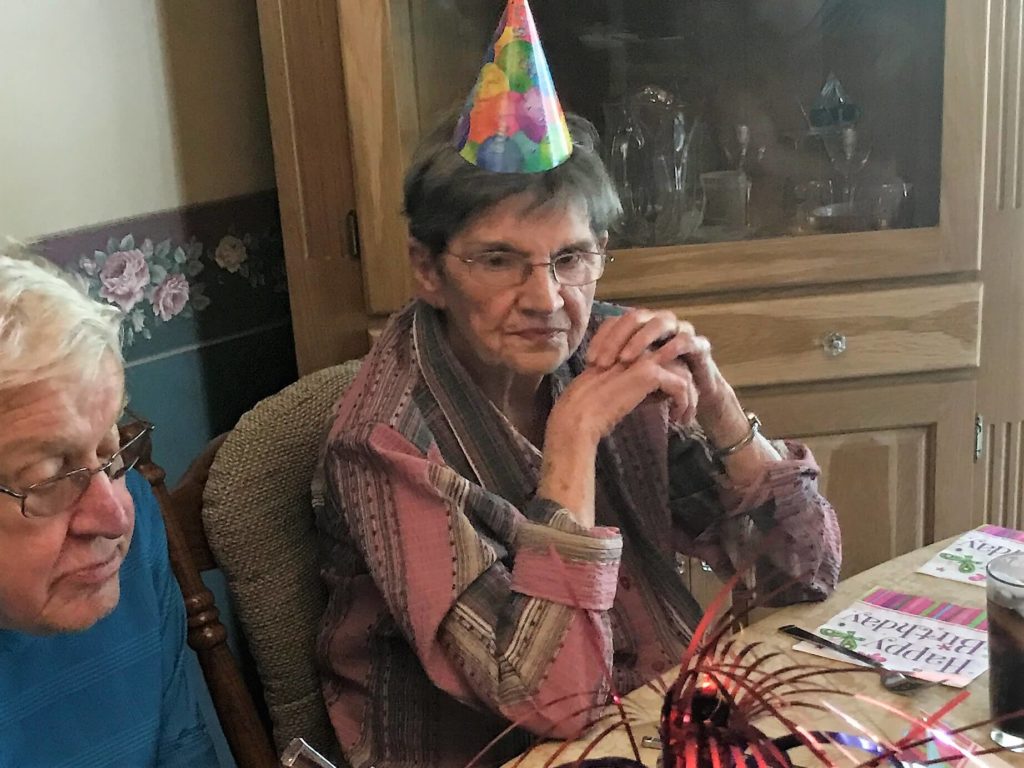
With the implementation of the CMS Final Rule and the new Five-Star Quality Rating System, it’s important now more than ever to learn what kind of documentation you need to reduce complaints that may factor into your rating and affect your bottom line. With that in mind, I’m sharing a real-life story. It’s about a resident who was hesitant to attend a birthday celebration because of an incident that previously happened to her. I’ll share some of the tools I used to help prevent this unpleasant situation from reoccurring.
Not long ago, a woman in our care — we will call her Evelyn — was new to the community. It just so happened that our monthly birthday celebrations were coming up. Since it was Evelyn’s birthday that month, our activities director made sure to invite her to the event. But Evelyn told me she didn’t want to go because of something that happened to her at another community where she used to live. That community was having their monthly birthday celebration and invited Evelyn to go since it was her birthday that month. Evelyn was excited to meet other people and went to the event with a happy heart.
The room was decorated with streamers and balloons and was very festive. Since her birthday was one of the ones being celebrated, she was given a party hat to wear and made the master of the ceremonial cake cutting. Well, after she sliced the cake so everyone could enjoy a piece, the activities director, instead of handing her a piece of cake like she did everyone else, gave Evelyn a bowl of fruit. When she asked instead for some cake, she was told that she wasn’t allowed to have any because she was on a No-Concentrated-Sweets diet because of her diagnosis of diabetes. In fact, the activities director insisted that she had to follow an NCS diet, according to the updated diet list that she referenced at the party. Evelyn left the gathering, ashamed by the rejection, and tearful that she had to live under the rules imposed by the staff members of the community. Now she was gun shy about being embarrassed again.
So, I met with Evelyn to discuss her diet and what she wanted to do. She told me she usually ate a healthy diet at home with lots of fruits and vegetables, and occasionally indulged in a cookie.
As a dietitian, I remembered reading the current clinical guidelines in the New LTC Dining Standards from the Pioneer Network, the position paper Liberalization of the Diet Prescription Improves Quality of Life for Older Adults In Long-Term Care from the Academy of Nutrition and Dietetics, and the Management of Diabetes in Long-term Care and Skilled Nursing Facilities: A Position Statement of the American Diabetes Association. Based on that current information, I knew that older people living in long term care communities can include some simple sugars (such as cake and cookies) as part of an overall healthy diet.
It was surprising to me that so many communities like the one Evelyn came from were still sticking to the old guideline and prescribing diabetic diets (NCS) to older adults. Anyway, after we talked a little more, I assured Evelyn that her request to follow a regular diet without restriction by staff would be addressed.
Had care partners in that other community taken the time to just ask Evelyn how she usually managed her diet at home, and then provided her with the information about the risks and benefits of her diet choices, they could have avoided the unfortunate situation at the party. Embarrassing someone in front of his or her new neighbors is not okay. Not “allowing” a slice a birthday cake is not okay. Not using the most current evidence-based research is not okay. But then again, maybe they didn’t have the documentation tools they needed to honor and manage Evelyn’s choices.
Getting what people want as safely as possible – implementing the new CMS Final Rule
There are four things that any community can do to help all people – like Evelyn – safely eat what they want and follow the new CMS Final Rule.
#1 A completed Dining Preference form would cover what was important to Evelyn when it came to meals and snacks: things like religious, ethnic and cultural preferences, what times she like to eat, how she wanted to celebrate her birthday, foods she liked and disliked. One that offers the opportunity to explore individualizing diets restrictions that Evelyn may or may not want.
#2 Handy information on the current evidence-based research regarding the risks and benefits of carbohydrate restrictions in the long-term setting is your second priority. That way anyone discussing those risks and benefits with a resident will be giving them consistent, up-to-date information every time and be able to provide a copy to the person or family member of materials reviewed. How can a person make an informed decision without information?
#3 Probably the most important thing is a documentation tool that leads the discussion on liberalizing diets and records the resident”s desires and goals when it comes to what, when and where they want to eat. Asking questions like: Are you having any current problems with your diet? Why is changing your diet important to you? Does anything about changing your diet concern you? Documenting the resident’s response as a direct quote leaves no doubt about what a person wants since it is there in black and white. You also need to discuss the individualized approaches developed by the care team to make the resident’s choices as safe as possible, balancing quality of life and quality of care. Based on the care planning process created by the Rothschild Task Force and our own experience, we designed a documentation tool to help meet the requirements of the final rule from CMS regarding person directed care.
#4 Dining surveys and assessments of dining requirements identify any issues with residents’ dining experience and are designed to catch any potential issues that could lead to complaints and or citations.
Focus on person centered care
Looking at this incident from a marketing standpoint, imagine what Evelyn must have told her friends and family about the staff member at the community who denied her a slice of birthday cake and made her feel small in front of her new neighbors. Then consider what Evelyn said to people about the person who listened to her about what she wanted and then focused on making that happen. Focusing on person- centered care is not only a requirement, but a smart way to help you improve your ratings and be more competitive.
Here’s a handy tip sheet you can use with your residents, their family and your staff to help people with Diabetes make an informed choice about what they eat.
Please leave me a comment below. I read them!

